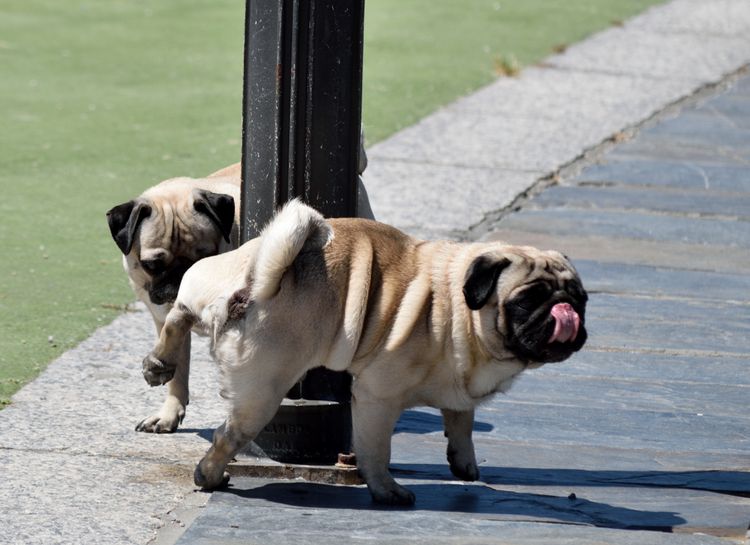
Have you ever noticed your dog licking another dog's pee? Dogs are known to display plenty of odd behaviors and weird habits, like sniffing each other's rears or suddenly getting the zoomies. When dogs sniff the urine of other dogs, they get a world of stimulating information.
Despite how off-putting we humans see it, dogs seem to enjoy it. Fortunately, this behavior is generally harmless—unless the other dog is sick.
Dogs use their noses to explore the world around them. An advanced olfactory system allows dogs to smell much better than humans. They actually have a structure in their nasal passages called the vomeronasal organ or Jacobson's organ that enables them to smell pheromones. They can take in complex layers of scents and will sometimes lick objects, surfaces, and even other dogs in order to get a better whiff.
Urine contains chemicals and pheromones that are unique to each dog. It tells a story about the dog and can provide clues about the dog's sex, reproductive status, health, and diet. This explains the reason for urine marking: Dogs urinate on objects to mark their territories and communicate with other dogs. Of course, this is why your dog is drawn to the pee of other dogs.
You may see your dog licking in addition to smelling the urine so he can fully take in all of the "aromas" from the other dog. Some dogs will rub their faces and bodies on desirable scents, and this may include the urine of another dog.
You may find it unsettling to see your dog licking another dog's urine. Relax, there is nothing wrong with your dog. This instinctive behavior is normal and usually harmless. However, a dog can contract an infectious disease from licking the urine of animals.
Leptospirosis is a bacterial disease that is contagious to both humans and dogs. It is often transmitted through the urine of wildlife like rodents. Dogs with leptospirosis can spread this disease through their urine as well, infecting humans, dogs, or other animals. Leptospirosis causes flu-like symptoms and can lead to liver failure or kidney failure in dogs and people. Dogs are more likely to contract leptospirosis from contaminated water, but it is technically possible to get the disease directly from another dog. Therefore, it can be a concern if your dog is licking the urine of unknown dogs. Contact your veterinarian if you suspect your dog has been exposed to leptospirosis or is showing signs of illness.
Intestinal parasites and gastrointestinal viruses like parvo are not passed via urine. However, a dog could contract a disease after licking the genital area of an infected dog if the dog is shedding the parasite or virus from the anus.
A rare bladder parasite called Capillaria plica can affect dogs, but not directly from another dog's urine. Instead, the infected dog urinates the parasite's eggs, which then develop into larvae and enter earthworms. A dog must eat the infected earthworm to contract the parasite.
There may be times when you want to stop your dog from licking other dogs' urine. Many owners are disgusted by the sight of it even though it's normal behavior. More likely, you are concerned that your dog may contract an infectious disease.
Training can help you prevent your dog from licking other dogs' pee. Practice cues like drop it and leave it so you can interrupt your dog the moment you catch him trying to eat something bad. If your dog fails to obey, use positive reinforcement rather than punishment. Redirect your dog to a toy or game. Reward him for diverting his attention from the undesired item.
Your dog is most likely to lick another dog's pee during a walk or while playing in a dog park. Watch your dog closely at these times. If your dog is on a leash, simply lead him away from other dogs that are peeing. You will need to watch your dog closely at the dog park or while playing outdoors with other dogs. Only allow your dog to play with healthy dogs.
You may need to take a break from the dog park if you cannot stop your dog from licking other dog's pee. Work on training in a controlled environment, like your yard. Invite familiar, healthy dogs over from doggie "playdates" so you can supervise and work on the "leave it" cue.

Exploring the Different Types of Pet-Friendly Beaches
Are you looking for pet-friendly beaches? Learn about the different types of pet-friendly beaches, their locations, and tips for visiting them with your pet.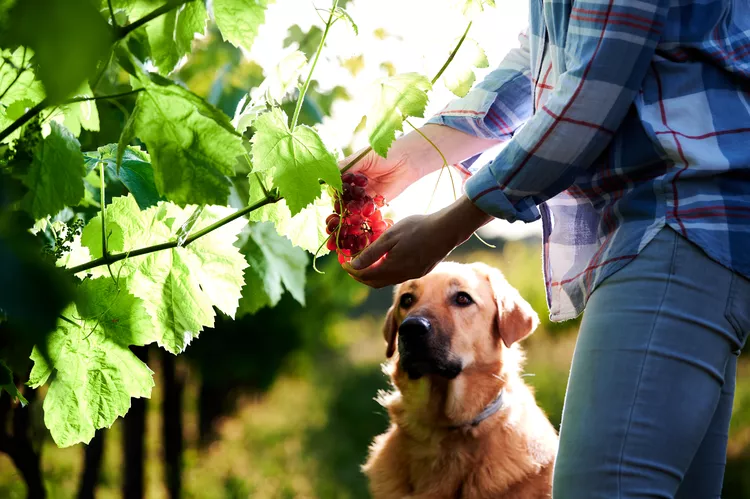
Exploring Pet-Friendly Wineries: Types, Locations, and More
Discover the different types of pet-friendly wineries, where to find them, and what to expect when you visit. Learn more with The Spruce Pets.
Why Is My Dog’s Eye Swollen?
If your dog's eye is swollen, she may need veterinary attention. The inflammation could be caused by allergies, an injury, or even a tumor.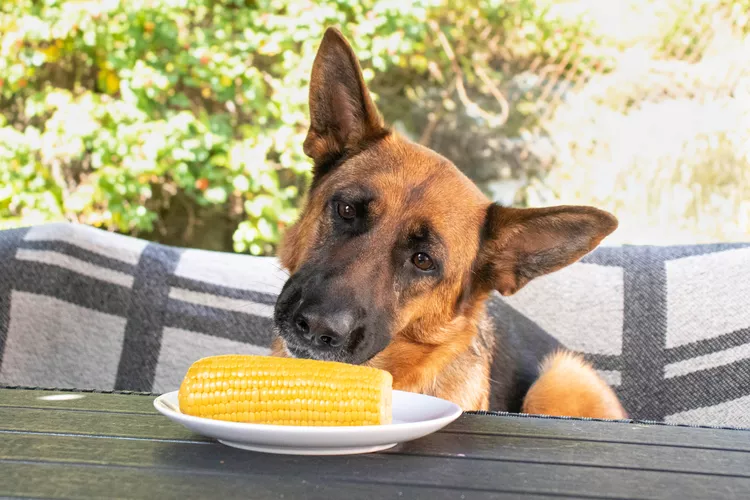
Can Dogs Eat Corn on the Cob?
Dogs love chewing on corn cobs, but this can cause serious harm. Learn about the dangers of corn cobs and find out what to do if your dog eats one.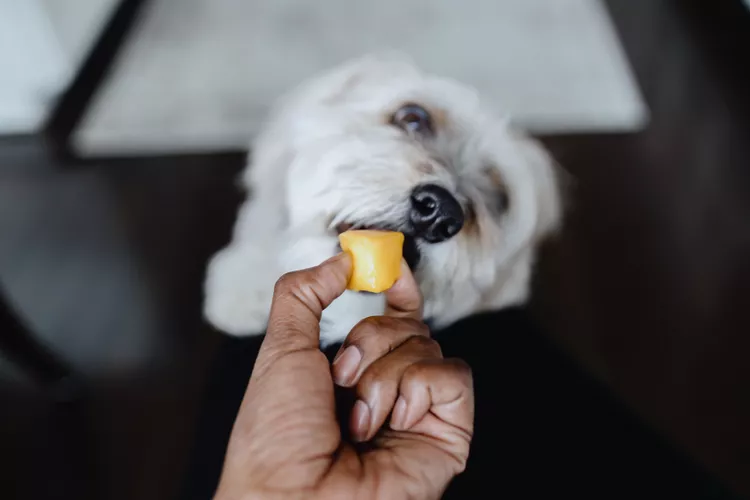
Can Dogs Eat Papaya? What to Know About Sharing This Tropical Fruit With Your Pup
Papaya is safe for dogs in moderation, and it can even provide some nutritional value for them. However, too much can cause digestive upset, and it's not suitable to share with dogs with certain health conditions.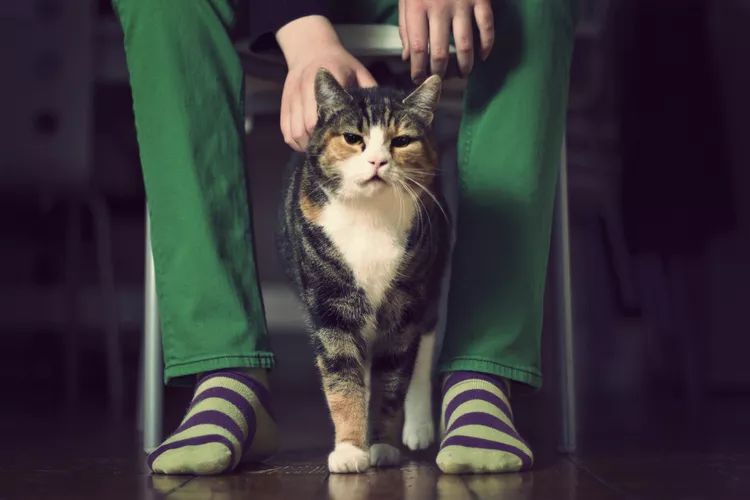
65 Irish Cat Names
Irish cat names can pay homage to historical places, local cuisine, famous Irish actors and musicians, or other wonderful aspects of the Emerald Isle.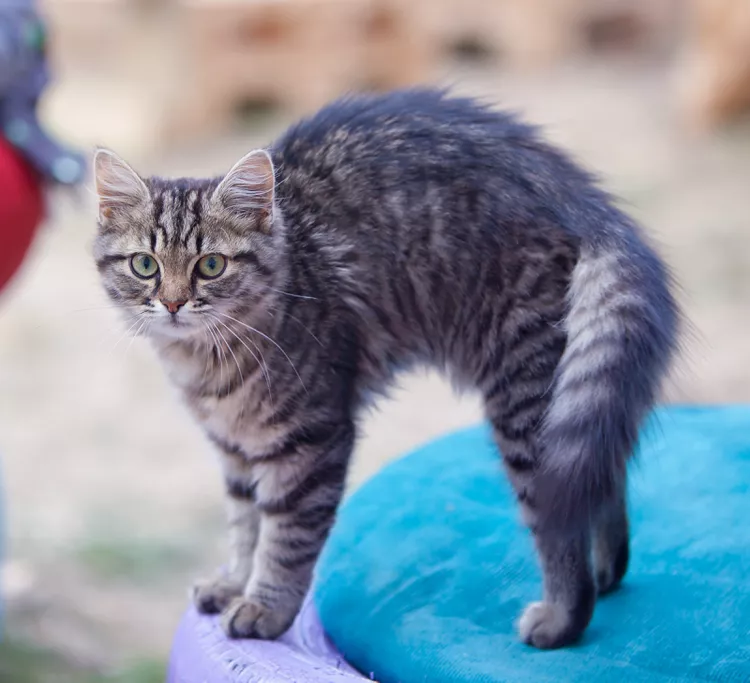
Feline Hyperesthesia Syndrome (FHS) in Cats
Rippling skin is more than dermal sensitivity in cats. It can be a sign of Feline Hyperesthesia Syndrome. Learn the causes, treatment, and prevention.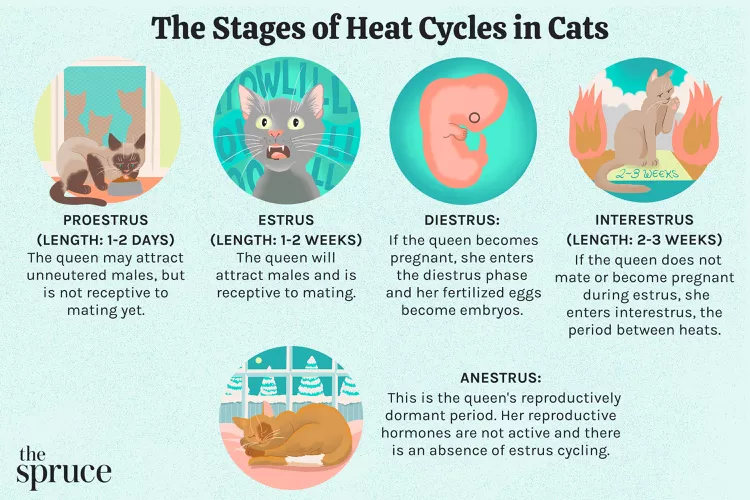
How Long Are Cats in Heat?
How long are cats in heat? Learn about the heat cycles of cats, also called estrus, as well as the reasons you should spay your cat.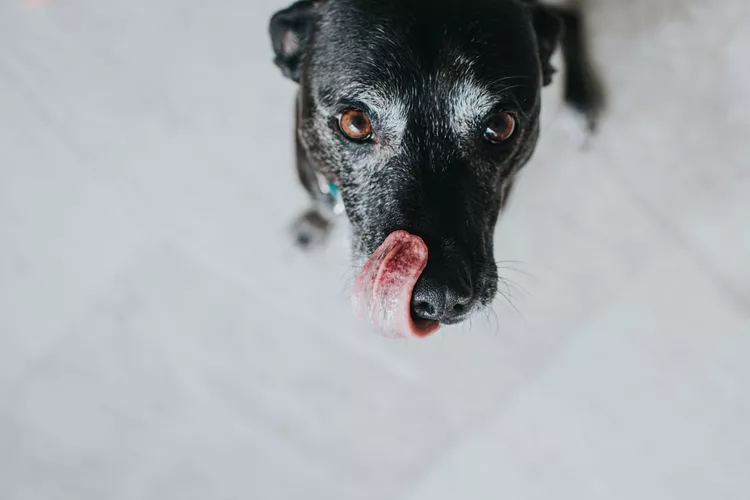
Can Dogs Eat Raw Chicken Feet?
What are the potential health benefits of chicken feet for dogs? What are the risks?
Is Eucalyptus Safe for Cats?
Many products containing eucalyptus are not safe for cats, and it is important to be aware of the risks to your cat.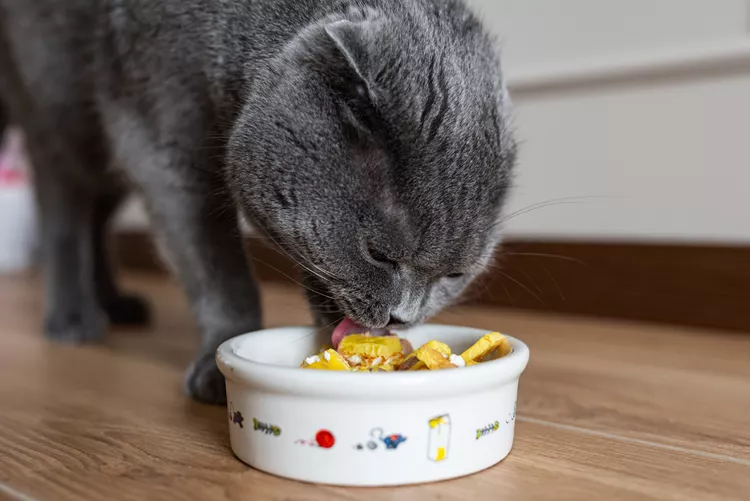
What You Need to Know About Homemade Cat Food
If you want to cook for your cat, make sure to read about the risks associated with homemade diets for cats
Can Cats Eat Peanut Butter?
Peanut butter is not toxic to cats, but it might not be the best choice of treat for them.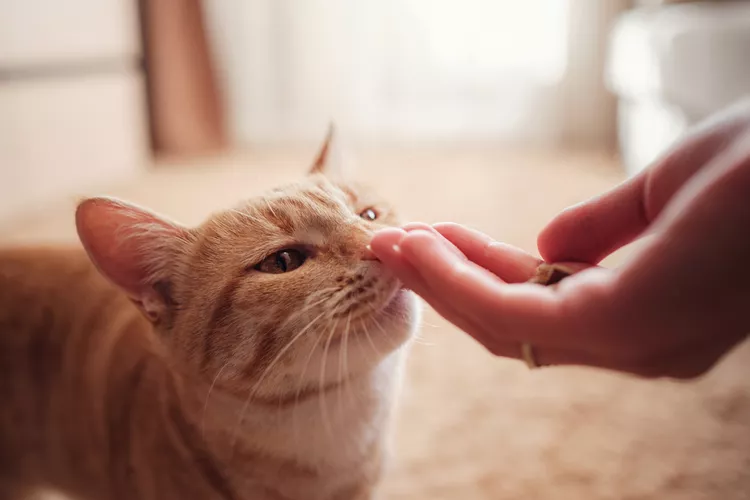
Can Cats Eat Cheese?
Can cats eat cheese? Is it healthy for them? How much can they eat and what should you do if you fear your cat has eaten too much cheese?
8 Flat-Faced Cats with the Cutest Smooshed Faces
These flat-faced cat breeds have a distinct and adorable appearance. Learn about their origins and traits, and the potential health risks tied to their unique facial structures.
Pictures and Facts About Bengal Cats and Kittens
Bengal cats are a cross between wild cats and domestic cats. Learn more about what they look like and pictures of this beautiful spotted breed.
Top 10 Big House Cats
Larger cat breeds, like Maine coons and savannahs, deserve just as much love as their petite counterparts. These big house cats tip the scales.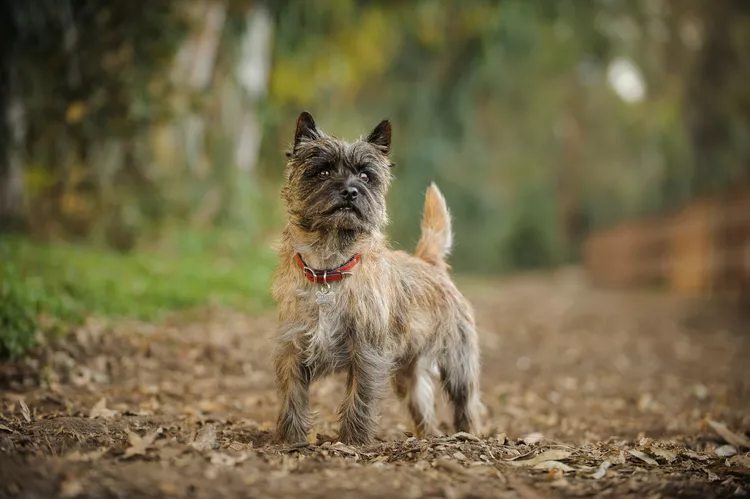
Cairn Terrier: Dog Breed Characteristics & Care
The cairn terrier is a spunky, affectionate, and intelligent dog from Scotland. The breed became famous when one played Toto in The Wizard of Oz. Learn about the temperament, history, health, and care needs of the cairn terrier dog breed.
Reasons Why Dogs Grind Their Teeth
Some dogs grind their teeth. Learn why dogs grind their teeth and if it can be harmful. Find out what to do about teeth grinding in dogs.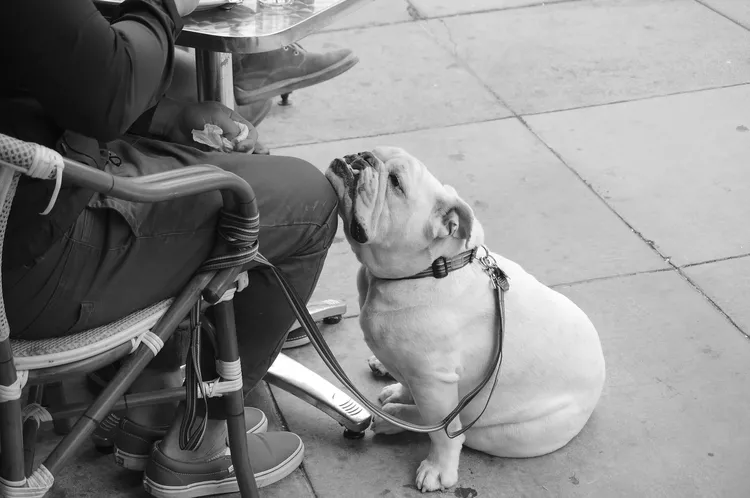
This Is Why Some Dogs Lean on People
Certain dogs really love leaning on their humans. What does this mean? Find out why dogs lean on people and if this is ever a problem.
Can Dogs Get Depression? How to Help Your Sad Dog
Can dogs get depression? Learn about the signs of depression in dogs and find out how to help your sad dog.